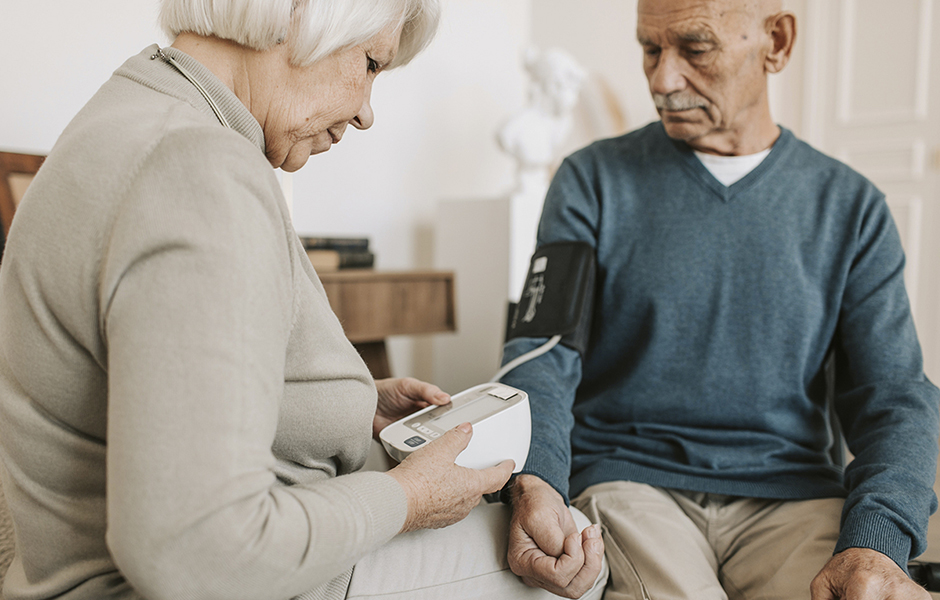Family caregivers of patients with renal disease on hemodialysis report increased emotional distress during the COVID-19 pandemic, particularly during confinement.
A study coordinated by Daniela Figueiredo, a researcher at CINTESIS – Center for Health Technologies and Services Research at the University of Aveiro – School of Health, published in the Scandinavian Journal of Caring Sciences, reveals that these caregivers feel more overwhelmed and have greater difficulty in meeting the demands of caring.
The reasons for this raise include increasing care responsibilities and decreasing support from other family members, but also feelings of insecurity and fear of being infected with the SARS-CoV-2 virus.
“The confinement increased the number of tasks caregivers had to take on to minimize patients’ exposure to the virus, such as going shopping and to the pharmacy or ensuring transportation to and from dialysis centers,” the authors of the study report.
If fear of being infected or insecurity about the future are common to the general population, these caregivers accumulate other factors that make them more susceptible to a decline in their mental health and quality of life during the pandemic.
The concern that dialysis patients could be infected by the new coronavirus is particularly profound since the dialysis treatments make it difficult to comply with protective measures, such as physical distance.
“People with chronic kidney disease on hemodialysis cannot stay home during confinement to protect themselves from SARS-CoV-2. These patients need renal function replacement treatment to survive, which requires them to travel to a center for dialysis at least three times a week for four to five hours a day,” the researchers explain.
In addition, patients with chronic kidney disease on dialysis are “exceptionally vulnerable to COVID-19, due to a combination of factors such as advanced age and other associated diseases, and a less efficient immune system.”
Caregivers also reported the need for more information about the measures taken by dialysis centers to cope with the pandemic, prevent the spread of the virus, and ensure patient safety.
All these data suggest that more attention needs to be paid to family caregivers to decrease their burden and improve their mental health, namely by identifying those who need more support. According to other studies, about a quarter of these caregivers already had symptoms of depression, sleep problems, and poor quality of life.
It was with this aim in mind that the first edition of the online psycho-educational programs took place between March and April, aiming at supporting patients with kidney on hemodialysis and their families in the scope of the project “Together We Stand”.
After the success of this inaugural edition, a second edition is scheduled to open in early June. Registration for this new edition is already open on the webpage of the project the Together We Stand.
The project is developed in the framework of CINTESIS/the University of Aveiro, in partnership with REQUIMTE and the University of Porto and funded by FEDER, through COMPETE2020 – Programa Operacional Competitividade e Internacionalização (POCI) and the Portuguese Foundation for Science and Technology (FCT).
Photo: Vlada Karpovich

